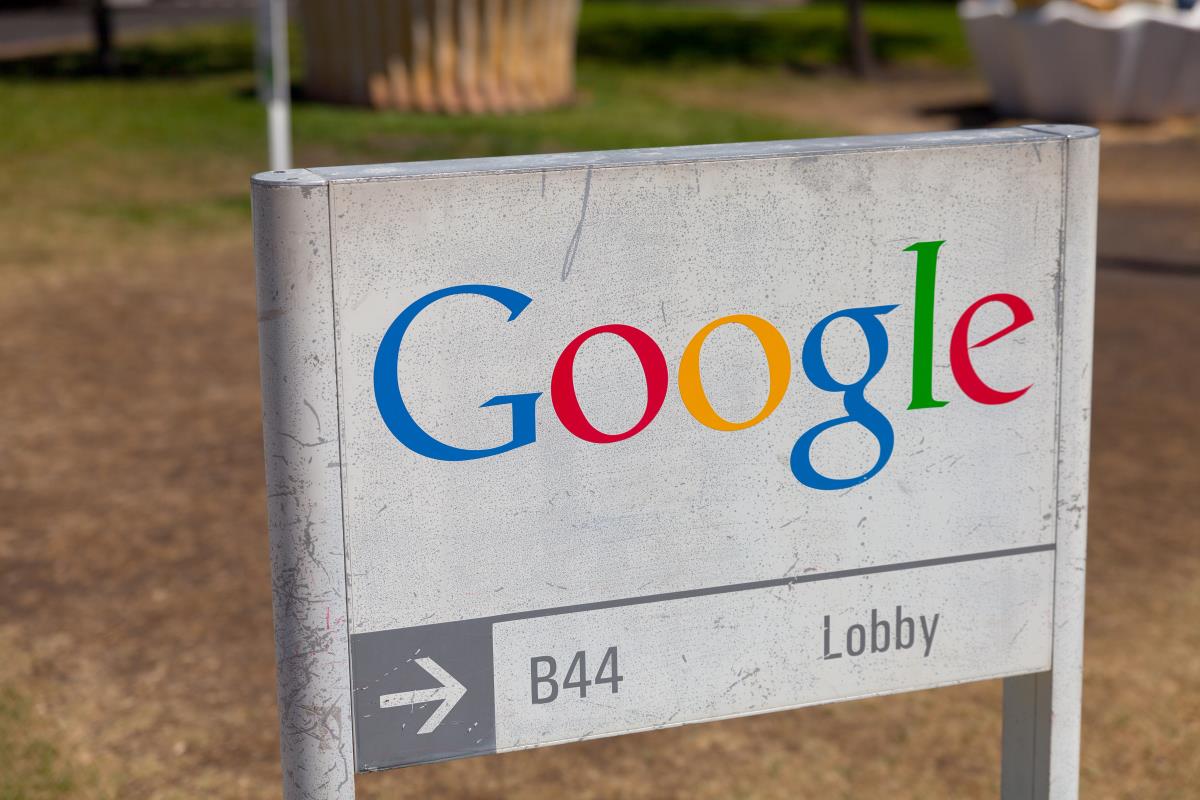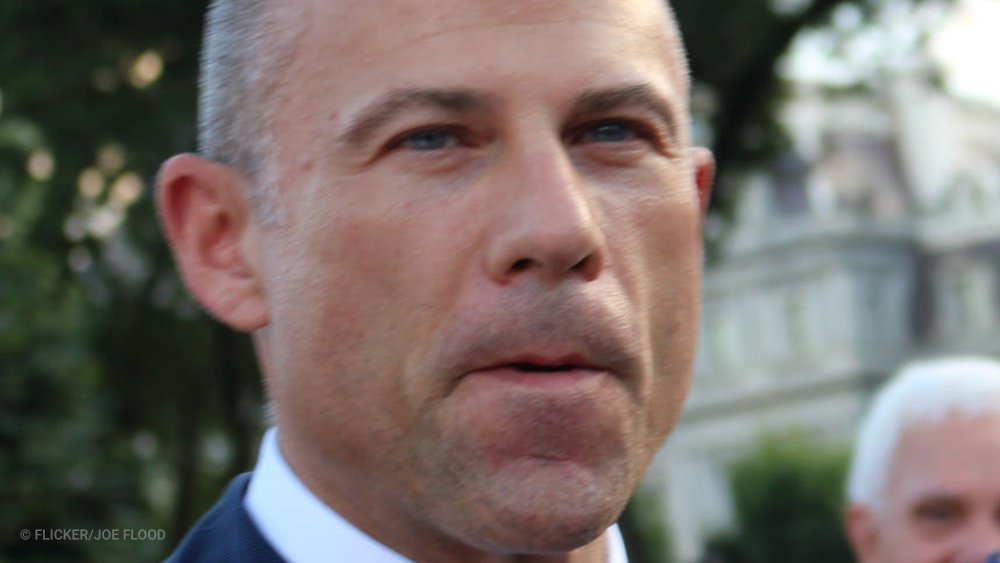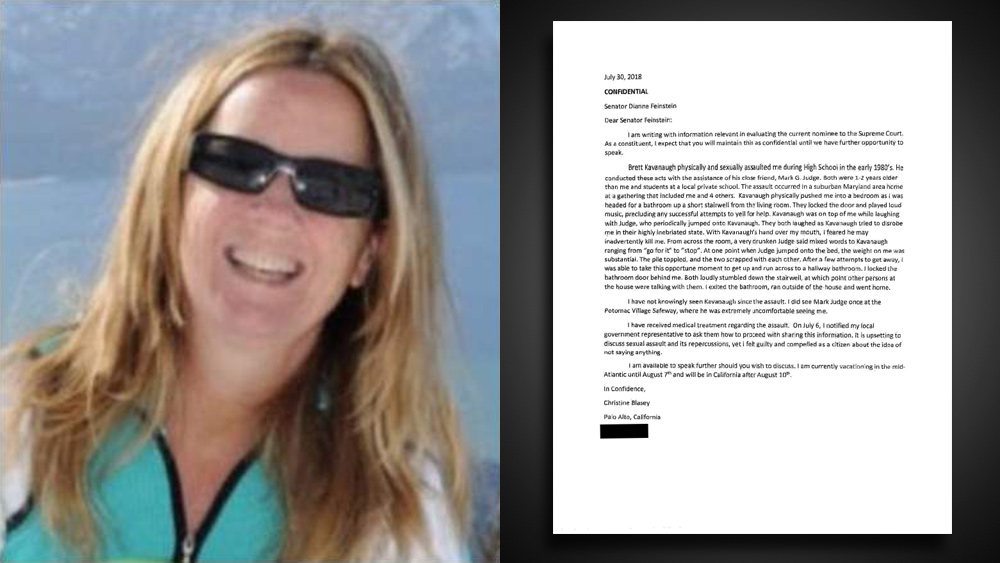FAKE NEWS exposed again: Evening Standard took money from Google, Uber to write propaganda stories
06/05/2018 / By Jayson Veley

The London Evening Standard has found itself surrounded by controversy after it was revealed that the paper sold “favorable news coverage” to six major companies, including Uber and Google, in exchange for £3 million, or just over 4 million U.S. dollars.
According to an official report that was published late last month, the Evening Standard informed their corporate partners that they would be getting news and opinion articles written about them “that will appear to readers as routine, independently written editorial,” as opposed to the usual “advertorial” content. The deal was allegedly part of an upcoming campaign called London 2020.
John O’Donnell, managing director at ESI commercial, said in a statement that the notion that the Evening Standard was “selling news” was “grossly inaccurate and a wildly misunderstood interpretation of the London 2020 project.”
O’Donnell went on to say that the paper’s integrity remained “paramount,” adding that “under no circumstances have these clients been guaranteed news coverage for their own ends, nor would they ever be. Properly signposted commercial content within an editorial product is an accepted part of the news industry and is nothing new for publishers.”
He added, “The Evening Standard has a long history in producing important and award-winning campaigns, and we are excited about the prospects that London 2020 will bring to the brand, it’s partners and the people of London.”
Integrity paramount?
Despite O’Donnell’s denial of any wrongdoing and his steadfast optimism about the London 2020 campaign, this is still a significant scandal if the allegations are indeed true. Not only would the Evening Standard be in the wrong for selling favorable news coverage to prominent companies, but the companies themselves would also be in the wrong for signing onto the deal. At least one of these companies – Google – has found itself at the center of controversy more times than most people can count.
The truth is, when Google isn’t busy bribing media outlets in exchange for favorable news content, they are drawing in controversy by explicitly targeting conservatives. As reported on extensively by Natural News, back in January, a former Google employee by the name of James Damore felt compelled to file a lawsuit against the company, which he alleged was engaged in open hostility and discriminatory acts towards conservative workers.
At one point in the lawsuit, Damore explained that Google manager Jay Gengelbach once discussed blacklisting an intern whose political views proved to be resolute, even when the rest of the employees attempted to bring him around to their views.
“Throw that bad apple away with no regrets,” wrote one Google employee on the thread, proving that despite being a company that claims to stand for tolerance and diversity, Google is really about group-think and the preservation of one single, dominant ideology.
Another part of the lawsuit referenced yet another thread, in which Google employees discussed whether or not Donald Trump’s victory over Hillary Clinton in the 2016 presidential election meant that it was time to start a violent revolution.
One of these employees said, “I won’t say violence has no place,” but added that risky and potentially dangerous acts require one to network extensively and build relationships with others. (Related: If Google and Facebook are not regulated, their politically-motivated censorship will lead to open warfare in the streets.)
Google may have made a name for itself by developing the world’s most popular Internet search engine, but the company seems to be attracted to controversy like a paperclip to a magnet. If Google wants to avoid continued public relations crises in the future, then it needs to strongly consider reorganizing and fundamentally changing the way in which it operates from the inside out.
Sources include:
Tagged Under: Bribes, corruption, Evening Standard, fake news, Google, Journalism, media outlets, news fakes, propaganda, scandal



















